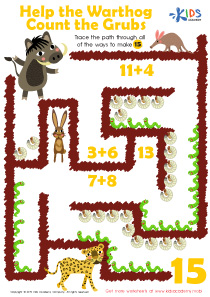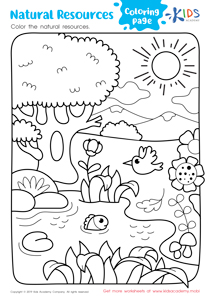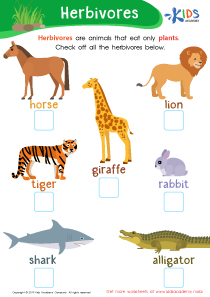Normal Rhyming worksheets activities for Kindergarten
1 filtered results
-
From - To


Rhyming Words: Assessment Worksheet
Normal Rhyming worksheets activities for Kindergarten are a cornerstone of early literacy education, offering young learners a fun and interactive way to engage with the sounds of words. These activities are specifically designed to cater to the developmental stage of kindergarten-aged children, making them an invaluable tool for both teachers and parents.
Firstly, engaging in Normal Rhyming worksheets activities helps children develop phonemic awareness, an essential skill for reading readiness. By recognizing rhyming patterns, children learn to predict and identify sounds within words, laying a strong foundation for decoding and spelling skills. This auditory discrimination is critical as it supports the child's ability to understand that words are made up of individual sounds, which can be manipulated to create new words.
Moreover, these activities enhance vocabulary. As children encounter rhymes, they are introduced to a broader range of words. This not only expands their language but also deepens their understanding of word meanings and contexts. Through playful engagement with rhymes, children are more likely to remember and use new vocabulary in their everyday language.
Additionally, Normal Rhyming worksheets activities for Kindergarten foster cognitive development through pattern recognition. The ability to identify patterns in rhymes is closely linked to mathematical skills. As children discern the rhythmic structure of rhymes, they are honing their ability to recognize patterns, sequences, and categories—all vital skills in cognitive development.
Furthermore, these rhyming activities promote social and emotional development. Rhymes are often shared in a group setting, whether in the classroom or at home, encouraging children to participate, listen, and interact with peers. This collaborative learning environment helps children develop confidence in their linguistic abilities while fostering a sense of community and belonging.
Lastly, Normal Rhyming worksheets activities introduce the joy of language and literature at an early age. Rhymes, with their rhythmic and musical quality, make learning enjoyable. Encouraging a love for language early on can instill a lifelong passion for reading and literature.
In summary, Normal Rhyming worksheets activities for Kindergarten are not merely about learning to rhyme. They are a multifaceted educational tool that supports early literacy skills, cognitive development, social and emotional learning, and a lifelong appreciation for language and literature.

 Assign to the classroom
Assign to the classroom




.jpg)







